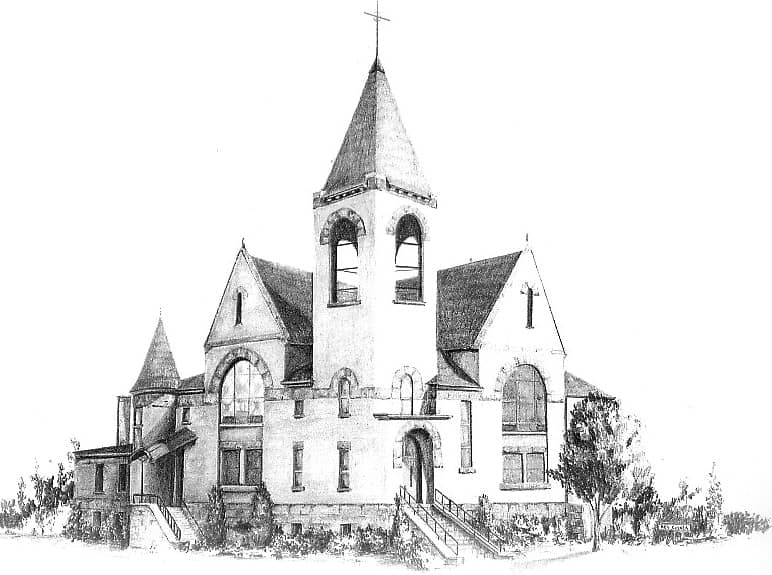From the Pastor – February 2019
Forgiveness- part 1
Forgive us our sins, for we also forgive everyone who sins against us. Luke 11:4
Sooner or later, we will all have an experience where we need to know how to forgive. In the same way, I have people ask me, “Pastor, I want to grow in faith. How do I grow in faith?” With a little twinkle in my eye, I reply, “Think of the person that upsets you the most. Could be your spouse, ex-spouse, relative, coworker, neighbor- anybody. But, learn to forgive them!” This may be the best way to apply our faith in daily life. For many, forgiveness is the longest leg of this thing we call a spiritual journey. The funny thing is, no one ever takes a person aside and gives instruction in what forgiveness is, what forgiveness is not, or how to do it!
What is not forgiveness? Forgiveness does not mean you are excusing another‘s behavior. It doesn’t even mean you will no longer have feelings about the situation in question. Neither does it mean that the relationship in question is fine now and there is nothing further to work out. It certainly doesn’t mean you should forget that the incident ever happened. It doesn’t even mean that you need to continue including the person in your life.
So, what is forgiveness? By forgiving, we are accepting the reality of what happened and finding a way to live in a state of resolution with it. For most of us, this is a gradual deliberate process. Most importantly, it is something we do for the other person. So, in the end, the old adages are correct that forgiveness is not a gift we give another: Forgiveness is a gift we give ourselves.
But since this forgiveness stuff is so good for us, why is it so difficult to do it?! We might be filled with thoughts of retribution, or maybe we enjoy feeling superior to the other person. Sometimes the feeling of adrenaline that the anger provides becomes a drug; or you identify as a victim. Sometimes we just don’t know how to resolve the situation. More than likely, we can’t forgive because we have not fully felt, expressed, and released the anger and pain. Trying to force forgiveness too soon is just a losing battle. In the end, the reasons forgiving is so
difficult are as varied as the conflicts and hurts that prompt the need for forgiveness.
When you decide it is time to try to forgive, consider these steps:
Think about the incident. In order to forgive, we need to accept the reality of what happened and how we were affected. How did you feel? How did you react? Time to own all of this.
Acknowledge the ways that you have grown because of this event. We learn a lot of things about ourselves when in conflict; needs, boundaries and abilities to cope . These things are valid and deserve to be recognized.
Think about the other person. Was the other person trying to meet some personal need? What was this need? Why did the person go about it in this way? Often times, this step alone provides new perspectives, and that is getting pretty close to resolution. But, more on all this next month.
Forgiveness begins the healing process that we need in our lives. It provides a pathway for continued growth and happiness. It turns the page on a hurtful chapter. We still remember the event, but it no longer owns us. Forgiving is a way of honoring yourself. It claims the truth that you are a loved child of God and that God intends good things in your life.
Next month, we will chat about specific strategies of how to forgive.
Grace and peace,
Jim
